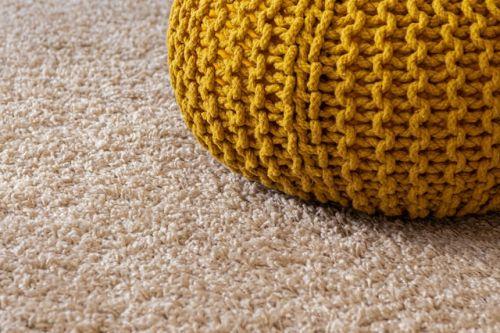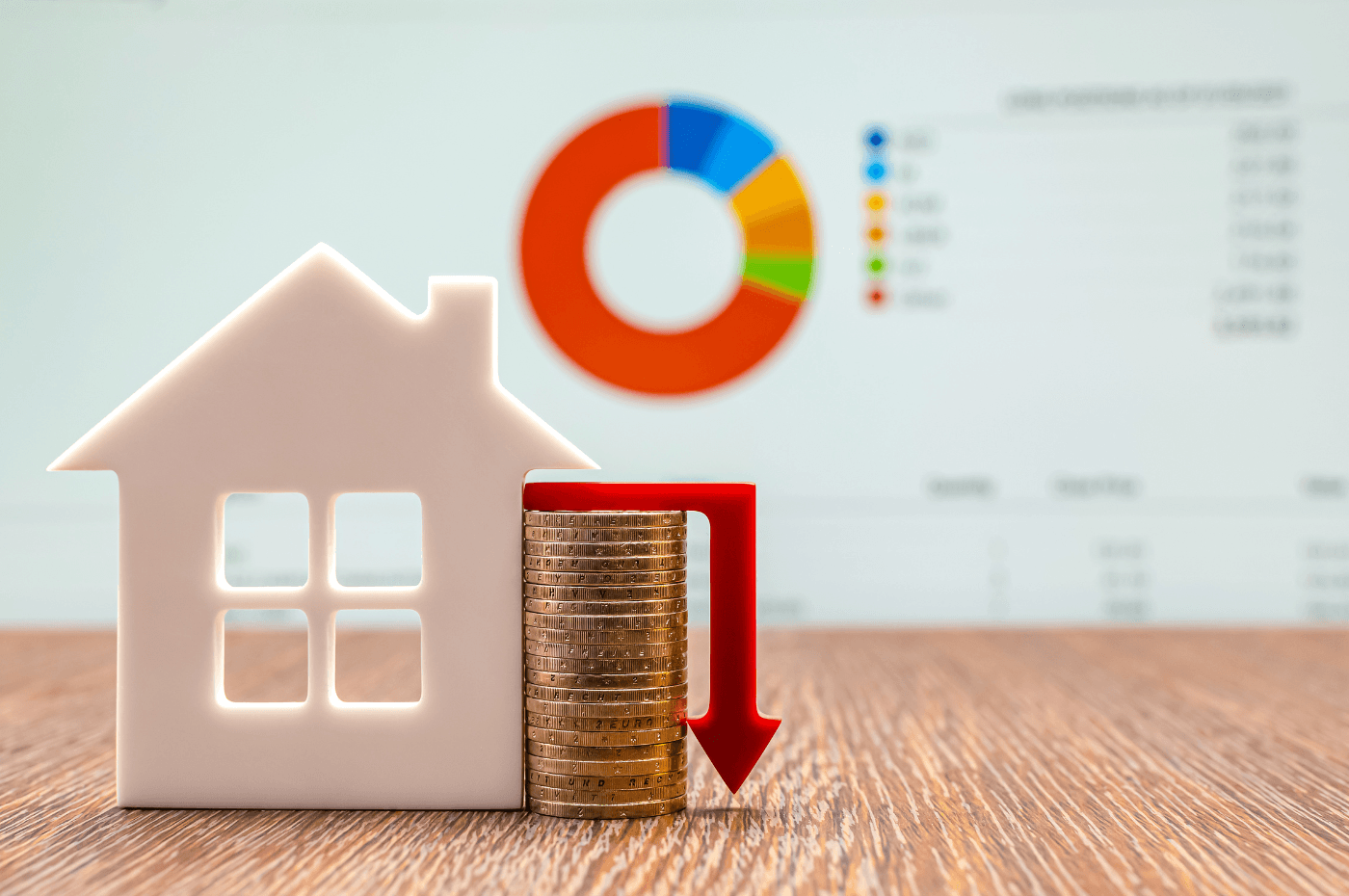Planning to sell your home? Before listing your house on the market, it’s essential to determine its value. While some factors can increase your home’s selling price, others might have a negative impact on it.
Let’s delve into these negative factors and understand why they affect your home’s value.
What can lower a home's value?
Although real estate typically appreciates in value over time, it’s possible for your house to lose some of its market value. The extent of this depreciation can be influenced by various factors.
Here are 9 elements that can contribute to a drop in your home’s value.

1. The real estate market
In times of economic turndown, home values often decline as people have less disposable income and fewer buyers are in the market. Additionally, when interest rates increase, mortgage payments become pricier, making homeownership less affordable. This reduced affordability leads to a smaller pool of buyers, which can further drive down home values.
2. Location
The location of your home significantly affects its selling price. For instance, a house in a charming, well-established neighbourhood with mature tress typically holds higher value compared to one in a less desirable area with higher crime rates. Additionally, if a scenic natural area near your home is replaced by industrial development, it could lower your property’s value.
While you can’t control your home’s location or changes in the surrounding area, you can emphasize the positive features of your neighbourhood when selling, such as proximity to parks and schools. When purchasing your next home, be sure to carefully evaluate the location to avoid potential future issues.
3. Unusual room layouts
Does your house feature an unconventional room layout? While your current arrangement might work for you, it may not appeal to potential buyers.
Most buyers prefer a traditional layout that they can easily personalize. For instance, if your master bedroom is in the basement or if the kitchen and dining area are on separate levels, these atypical arrangements could negatively impact your home’s value. Buyers generally prefer a more standard configuration that aligns with their needs and expectations.

4. Required renovations and repairs
Repairs and renovations, even if not urgent, can lower your home’s selling price. The more work needed, the greater the impact on your property’s value. For example, issues such as deteriorating roof or outdated windows can significantly affect your home’s appeal to potential buyers.
In this case, you generally have two options:
- Adjust the price: lower the asking price to reflect the cost of renovations that the new owner will need to address.
- Complete the renovations: invest in necessary updates and repairs before selling to improve your home’s condition and potentially increase its value.
5. Poor general condition
Even if your home doesn’t need major repairs, minor issues can still impact its value. Small problems such as broken tiles, a cabinet that won’t close, squeaky doors, peeling wallpaper, flaking paint, a leaky toilet, or scratched floors might seem trivial but can be quite noticeable to potential buyers during the pre-purchase inspection.
These minor defects can lead buyers to negotiate for a lower sale price, as they may see them as signs of neglect or anticipate additional repair costs.
6. Presence of hazardous materials
If your property contains hazardous material such as asbestos, lead, radon, pyrrhotite, or mould, it can greatly affect your home’s value. These issues are serious health concerns for potential buyers and can create a negative perception of your property.
Addressing these hazards by consulting a professional for remediation before selling can help protect your home’s value and make it more appealing to buyers.
7. An unfinished basement
An unfinished basement can be a significant drawback for potential buyers. While finishing a basement can be expensive, its unfinished state may deter buyers or lead them to offer a lower price for your home.
Of course, you don’t necessarily need to finish the basement before selling, but keep in mind that a large, unusable space might negatively impact your home’s appeal and value. Be prepared to adjust your asking price to account for the cost and inconvenience associated with finishing the basement.

8. Carpeting
Wall-to-wall carpeting is often less desirable compared to hardwood floors. Not only does carpet tend to date a home, but it can also be a concern for buyers with asthma or allergies, as they can trap dust and allergens.
If you like carpeting, consider using decorative, removable rugs instead of permanent installations. This way, you can maintain your personal style while enhancing your home’s appeal to a broader range of buyers who won’t need to consider the cost and effort of removing the carpet.
9. A troubling history
If your home has a problematic history such as being abandoned for years, having a crime committed nearby, a death in the house, rumoured paranormal activity, or a neighbour who accumulates garbage, it can affect your home’s value.
Although these issues may be beyond your control, they can affect buyer perceptions and influence your property’s value. Be prepared to disclose such information to potential buyers and be ready to negotiate accordingly.
Are you looking to sell your house?
XpertSource.com can help you find a real estate broker. When you tell us about your project, we put you in touch with qualified resources for free. Simply fill out our form (it only takes a few minutes) and we will connect you with professionals.

